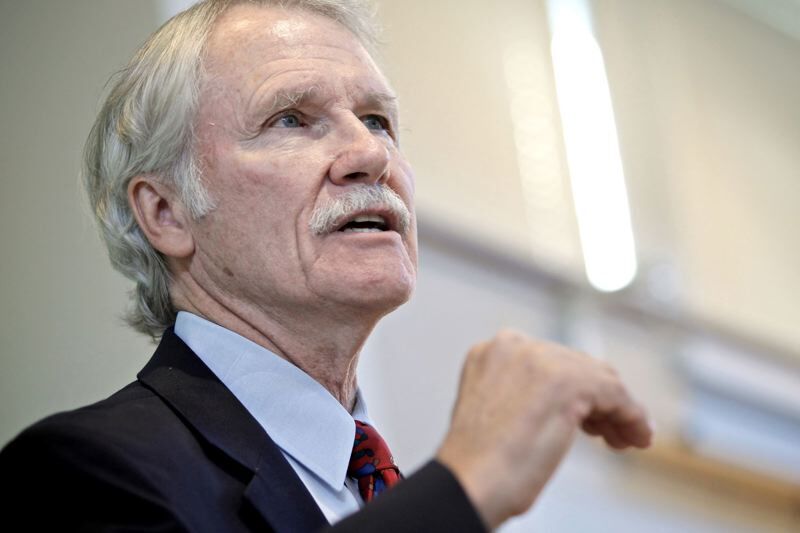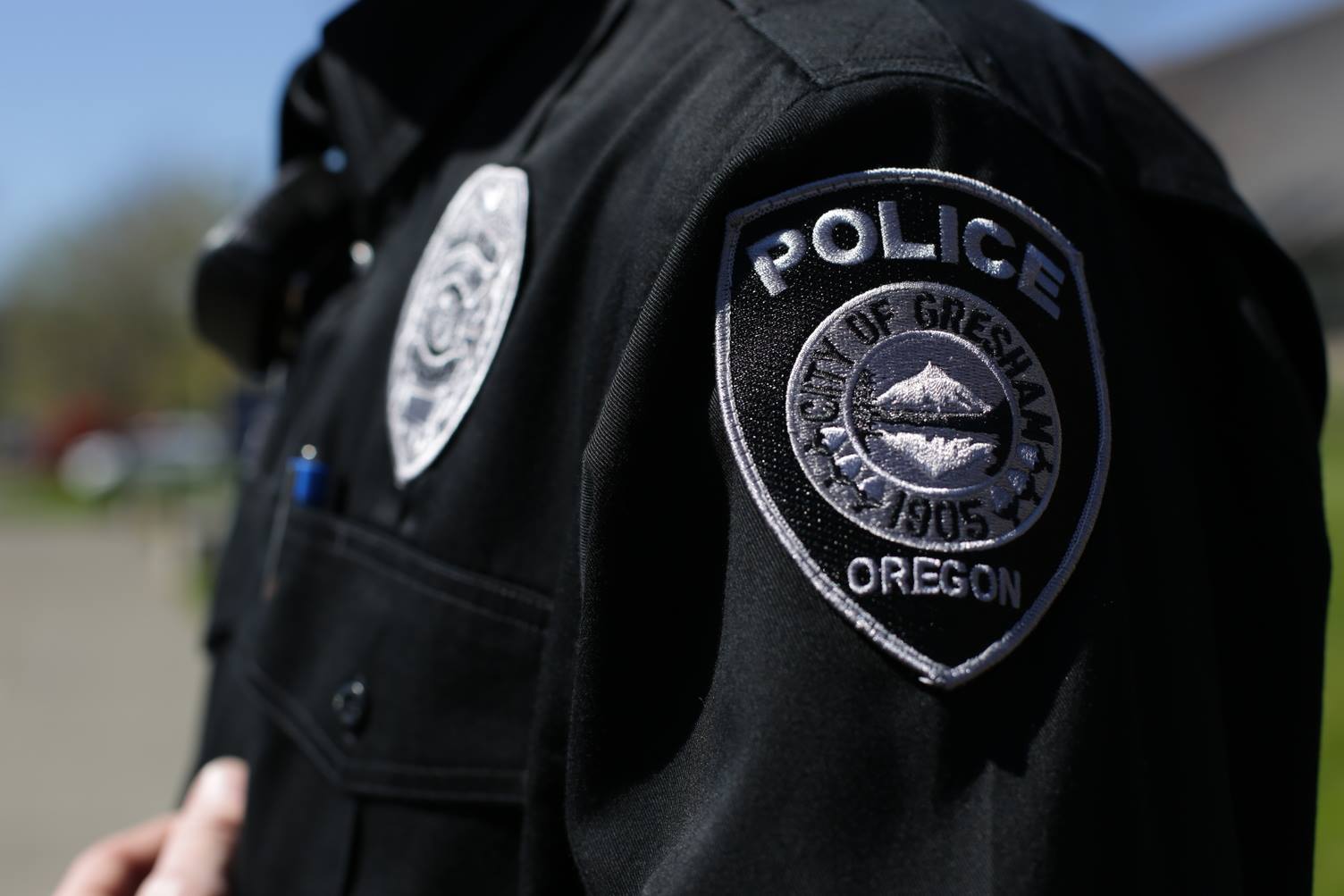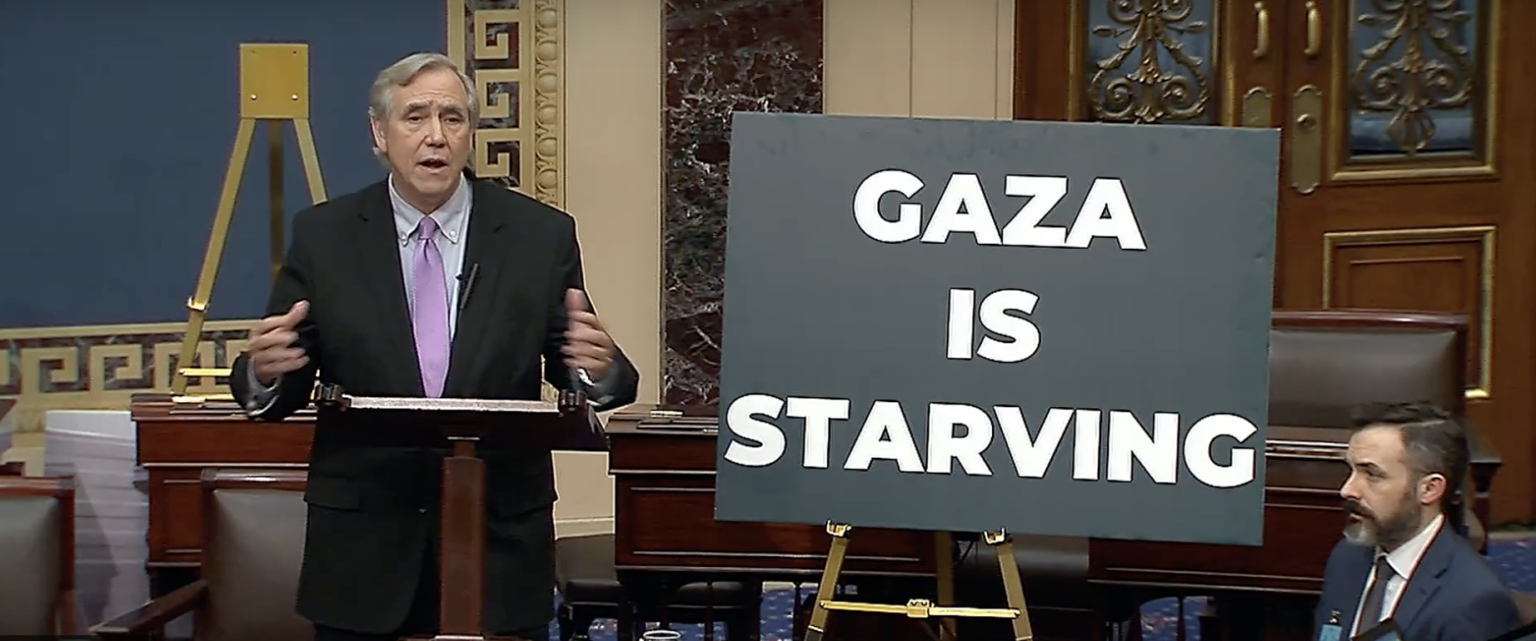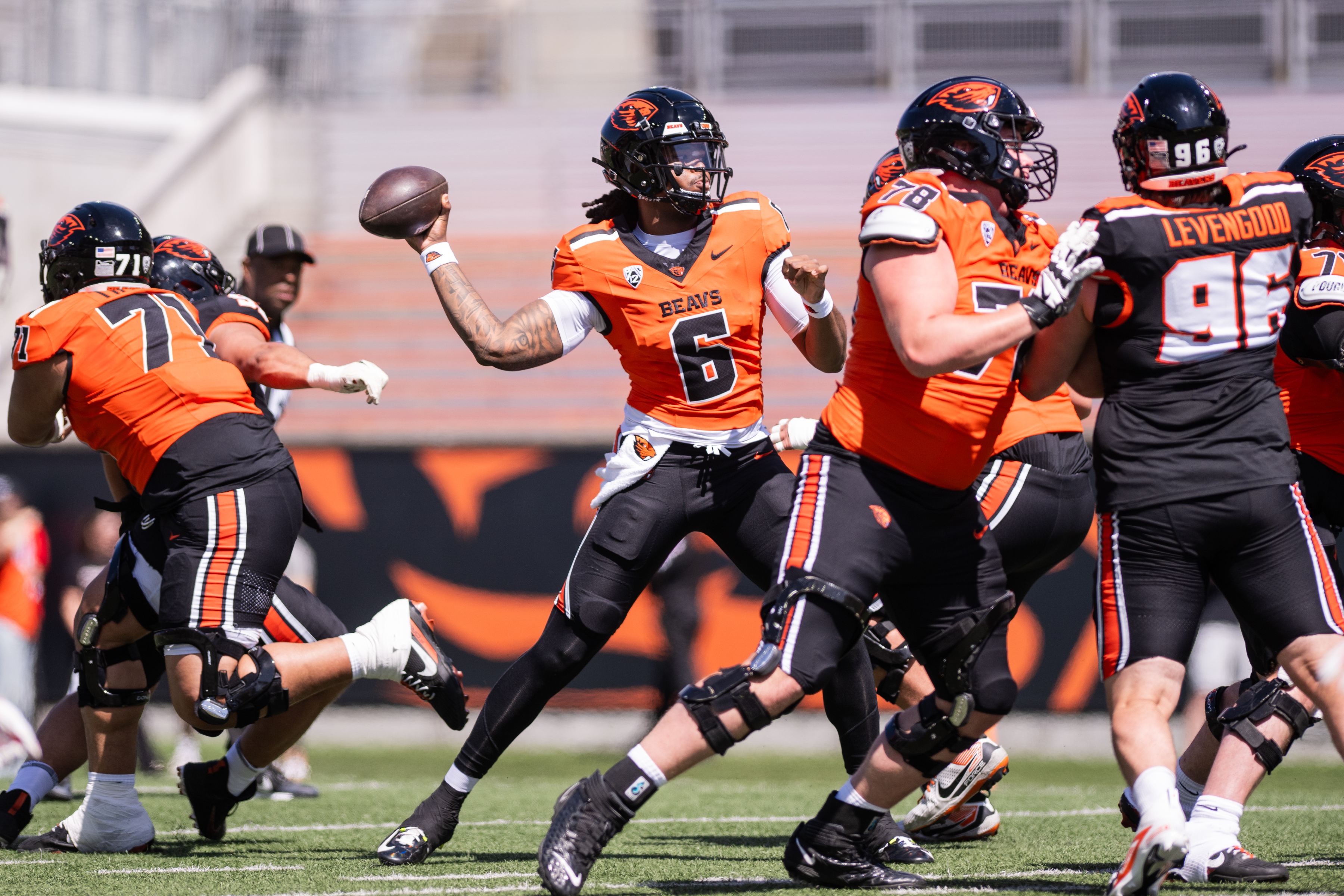Kitzhaber to judges: don’t give my emails to grand jury
Published 12:00 am Monday, November 2, 2015

- An attorney for former Gov. John Kitzhaber argued Monday before three judges of the 9th Circuit Court of Appeals that a federal grand jury should not get all of Kitzhaber's archived emails as part of a federal investigation into influence peddling by his fiance, Cylvia Hayes.
Former Gov. John Kitzhaber has asked a federal appeals court to overturn a court order that requires his e-mails to be turned over to a federal grand jury.
Trending
Kitzhaber resigned in February due to allegations that his fiancée, Cylvia Hayes, used her position for personal gain. A federal grand jury investigating the allegations issued a subpoena demanding that the Oregon State Archives disclose e-mails sent and received by Kitzhaber while in office.
Kitzhaber’s attorney asked a federal judge to quash that subpoena, rendering it invalid, but that request was apparently rejected by U.S. District Judge Marco Hernandez. Details of that ruling aren’t available because the case has been filed under seal in federal court.
However, an attorney for Kitzhaber argued Monday morning, Nov. 2, before 9th U.S. Circuit Court of Appeals judges Raymond Fisher, Marsha Berzon and Paul Watford at Pioneer Courthouse in Portland that the subpoena be quashed, while an attorney for the U.S. government argued that Hernandez’s order should stand.
Trending
Kitzhaber attorney Janet Lee Hoffman claimed the subpoena was so broad that it could be “limitless” in its scope. “An individual is entitled to a reasonable expectation of privacy,” Hoffman said. “They just said, ‘We want it all.’ “
E-mails stored in the state archives includes Kitzhaber’s communications with a lawyer that must be protected under attorney-client privilege, she said.
Kelly Zusman, appellate chief with the U.S. attorney’s office, said attorney-client e-mails could be excluded, but the rest of the emails must be submitted to the federal grand jury investigation. “Our issue is there is no reasonable expectation of privacy in material that’s stored in the state archives,” Zusman said.
The state archives are not covered by a federal law that protects e-mails administered by third party Internet service providers, she said. Turning e-mails over to a grand jury is not the same as making them public, since the proceedings are conducted in secret, Zusman argued.
If he is indicted, Kitzhaber would also have the option to quash or exclude the e-mails before the case goes to trial, she said.
Mateusz Perkowski is a reporter with the Pamplin Media Group/EO Media Group Capital Bureau in Salem.







